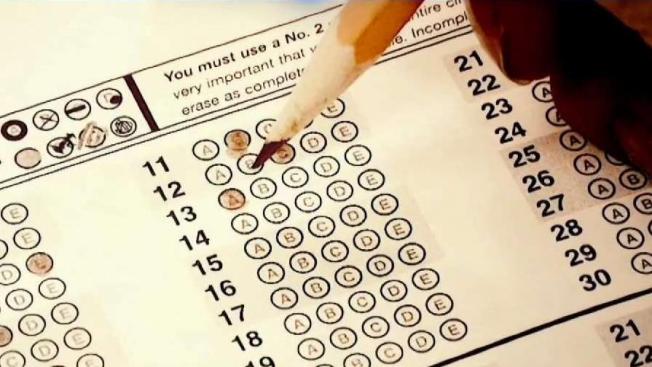Terminating Large US-South Korean Exercises Is a Stupid Idea That Only Pleases North Korea
(Japan) on 7 March 2019
by (link to original)
Both America and South Korea have agreed to stop the two large-scale joint military exercises they conduct on the Korean Peninsula each spring to prepare for an emergency.
The terminated exercises are “Key Resolve,” a command post exercise that involves map training, and “Foal Eagle,” a field training exercise involving 300,000 people. On March 4, America and South Korea began "Dong Maeng" (“Alliance”) in place of “Key Resolve,” but in the future, the “retaliation” element in “defense and retaliation training” will be removed.
The summit in Vietnam between America and North Korea ended without an agreement. Now is the time for Japan, America and South Korea to cooperate and put even more pressure on North Korea.
North Korea, which had asked to terminate the large-scale exercises, is unmistakably thrilled. From this point forward, the proficiency of the American and South Korean armies will certainly diminish. Each year before the two large-scale exercises, the North Korean army prepares for battle. This involves using up precious oil. The exercises even influenced the mobilization of soldiers, taking them away from crucial farm work before planting corn, North Korea’s staple food.
In both military and economic spheres, eliminating the large-scale exercises that effectively put pressure on North Korea does no good and much harm.
On March 5, National Security Advisor John Bolton said that if North Korea didn’t denuclearize, “they’re not gonna get relief from the crushing economic sanctions … and we’ll look at ramping those sanctions up in fact.”
If that is the case, there cannot be any loosening of military pressure, either.
The termination of exercises is largely the expression of President Donald Trump’s will. On Twitter, Trump emphasized that it would “save hundreds of millions of dollars” and that he “made that decision long ago because it costs the U.S. far too much money.” He also pointed out that “reducing tensions with North Korea at this time is a good thing!”
If North Korea were to discard its nuclear weapons and missiles for receiving its unilateral gift of an end to large-scale exercises, the problem would finally be solved. Reality is not that simple. Trump shouldn’t neglect the security of his allies, including Japan, just because he excessively fixates on financial burdens.
The Moon Jae-in administration of South Korea readily agreed to cancelling the exercises. Could this be an omen that the South Korean-American alliance will begin to crumble from both sides? Japan must appreciate the crisis and work to strengthen its defense capability.


